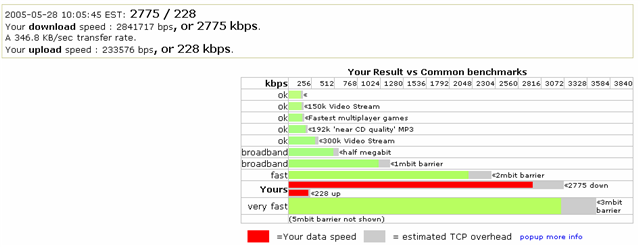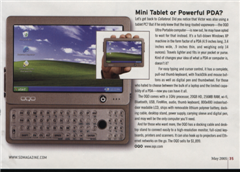If you work in IT at a publicly held company, your life was changed dramatically late last year and early this year. You know what I'm talking about…SOX. You also know how "symbolism over substance" what companies are doing is. You know it doesn't really do anything but make your life harder. It makes it harder to do your job. It makes it harder to server your customers. Everything is called SOX. Everything falls under SOX.
Cyndi found this article in the Washington Post for me about it. Their site requires a free login to access it. The URL is http://www.washingtonpost.com/wp-dyn/content/article/2005/05/18/AR2005051802255.html. Here are a few exerpts:
Leave the desk for 10 minutes and the computer screen goes dead. Why must I sign in all over again? "Sarbanes-Oxley," says the poor soul in the tech department.
This all-powerful Sarbanes-Oxley turns out to be a law Congress passed in 2002 after the Enron collapse to protect investors by forcing publicly held businesses to more accurately report information about themselves.
Nothing in the law specifically requires companies to turn cubicle life into a journey through the stages of hell. But that's how the law is being interpreted across the land. Sen. Paul Sarbanes, the Maryland Democrat who is retiring next year, has had to watch what he thought of as a guardian of ordinary investors' assets being transformed into a scapegoat for all things annoying at the office.
"You have some way-out requirements, and the company says that's what Sarbanes-Oxley says we have to do, but these changes are neither in the act nor in the regulations implementing the act," Sarbanes tells me. "I don't know where some of these things came from."
"It's absurd how the law is being used to justify these silly timeouts and constant demands for you to type in your password. The law is just being used as an excuse for placing restrictions on workers."
Sarbanes sighs at how his name is being taken in vain as a nation of office workers grouses about new incursions on their time and sanity. "Some people in the business world think it's unnecessary regulation," he says, "but look at the price we paid with Enron and those scandals in losses of jobs and confidence in our capital markets. We didn't set out to create onerous requirements. We were confronted with these gross abuses, and we set out to protect the American investor."
Now, Sen. Sarbanes says it isn't what he meant. It isn't what the law meant. Well, we can learn two things from this
1. The law needs to say what is meant.
2. Business will take symbolism over substance to try and comply with what the law says.
So, we need smaller government and business that thinks.

